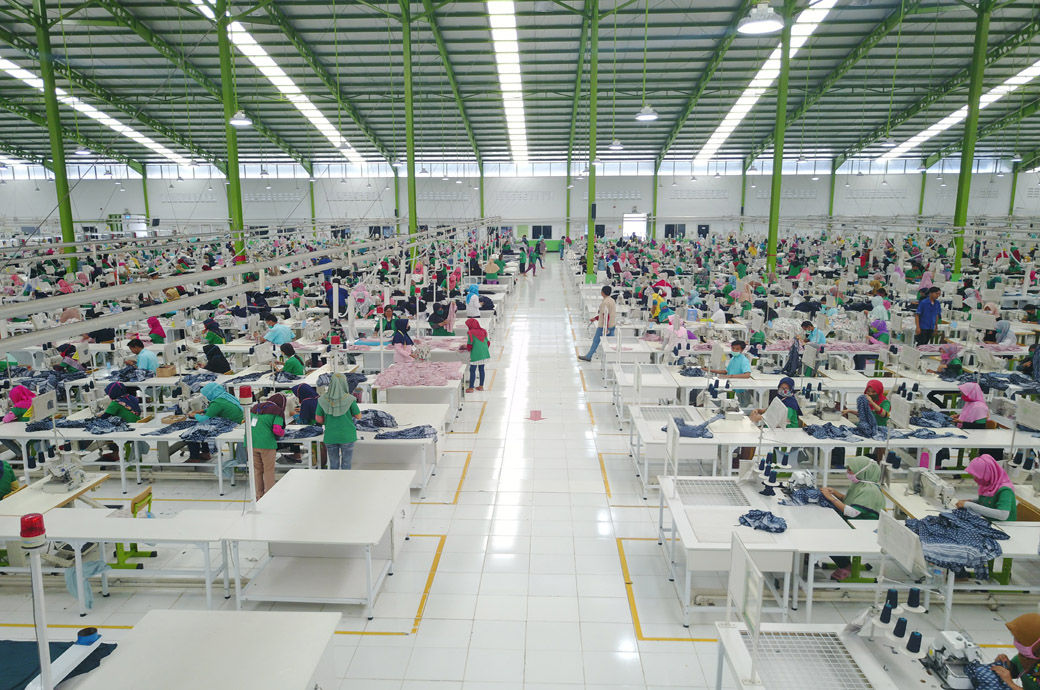
Factory owners' representative Siddiqur Rahman and workers' representative Sirajul Islam Rony proposed Tk 10,400 and Tk 20,393 as the minimum monthly wages respectively, with 51.25 per cent and more than 61 per cent as basic pay.
Labour rights groups, however, rejected both the proposals and reiterated their demands ranging from Tk 23,000 to Tk 25,000 as the minimum monthly wage.
The minimum monthly wage for garment workers at grade seven is Tk 8,000 now. It was fixed in 2018. It includes Tk 4,100 basic pay, Tk 2,050 house rent, Tk 600 medical allowance, Tk 350 transport allowance and Tk 900 food allowance.
Rony proposed abolishing the sixth and seventh grades and demanded Tk 12,462 as basic pay for the proposed new minimum monthly wage of Tk 20,393 for junior operators at grade five, according to domestic media reports.
Rahman proposed abolishing the top two grades—one and two, saying that the number of workers in these two grades is low and their real wages are higher than the minimum wages.
Rony also proposed a festival allowance not lower than the monthly basic pay.
Proposals from both sides included introducing food rationing for garment workers and government measures to control house rent at labour-intensive industrial zones.
The board’s next meeting will be held on November 1, as the new wage structure will come into effect from December this year.
Fibre2Fashion News Desk (DS)